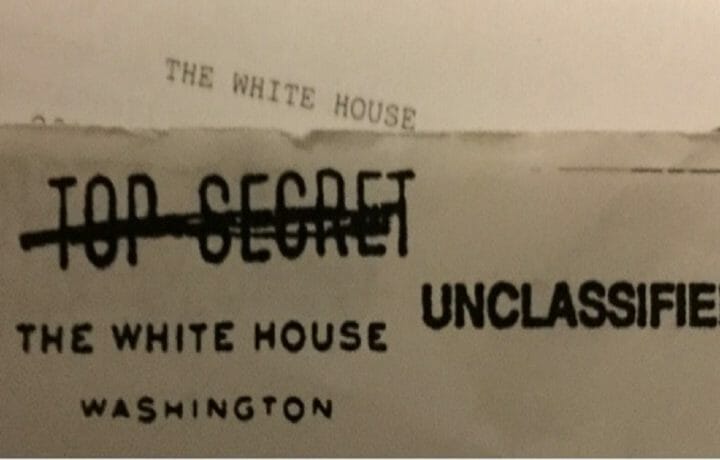Obtaining a Top Secret clearance after obtaining a Secret clearance has both career development and financial perks. But if you sailed through a Secret security clearance investigation that doesn’t necessarily mean you’ll be able to jump straight into a Top Secret clearance. And if you find yourself on the other end of a Top Secret clearance denial, you may be surprised to discover your Secret clearance eligibility goes away, too.
Why Would You Be Denied a Top Secret
There are a few reasons an individual may be denied a Top Secret clearance after successfully obtaining a Secret clearance. While the adjudicative criteria used to make the determinations are the same, a Secret clearance investigation relies largely on automated checks. That means if you lied about anything in your initial Secret clearance investigation and it’s then uncovered in a more interview-driven Top Secret clearance investigation, your TS eligibility would be denied.
Continuous Vetting (CV) has made another scenario for losing a clearance upgrade less likely – if adjudicatively significant actions take place in between the Secret and TS clearance investigation. But thanks to CV, those issues are generally known to the government already, making it less likely they (or you) are blindsided by an issue that would result in a security clearance denial if undergoing a new investigation.
What You Can Do to keep your clearance eligibility
If considering going for a clearance upgrade or even just a new investigation with a different agency, it’s worth looking into the adjudicative guidelines again and also considering issues that have occurred since your last investigation which may affect your eligibility. If your Top Secret clearance is denied, your Secret clearance eligibility will also be revoked – particularly if the clearance upgrade is from the same agency or security clearance system of record. If your clearance is denied with an IC agency, that denial may or may not end up transitioning back to the Defense Information System for Security (DISS), but you will have to list the clearance denial on your next SF-86 – which could have clearance ramifications.
It’s okay to press pause on a clearance upgrade if you’re unsure of your ability to obtain one – and with passage of time being the best way to mitigate most issues, doing so may help you obtain the higher clearance you need down the road.




